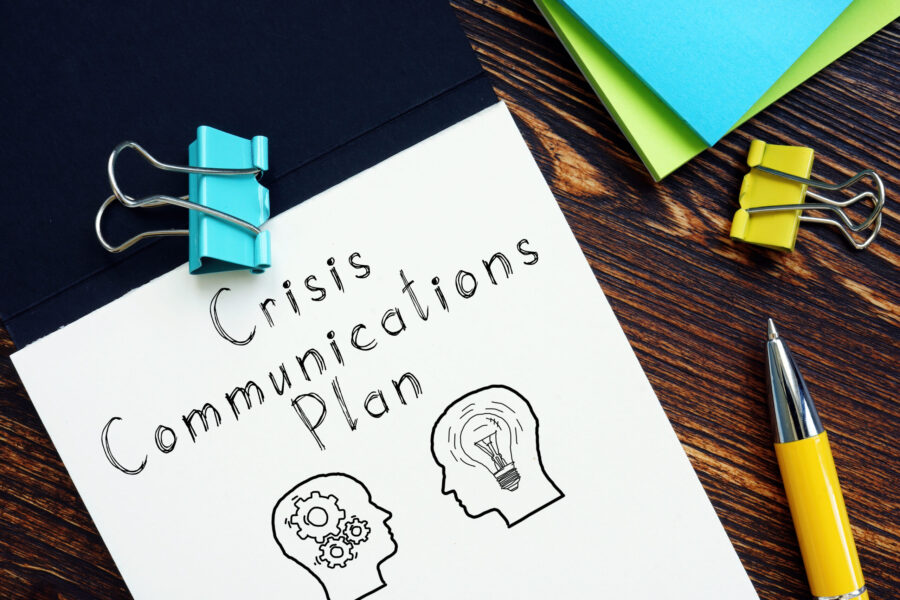No brand is immune to a crisis in a world where information travels at lightning speed. Whether it’s a product recall, a PR mishap, or a social media blunder, how you respond to a crisis can make or break your brand’s reputation. Here’s how to prepare for the unexpected:
- Have a Crisis Communication Plan: The first step in crisis management is having a plan in place. This plan should outline the steps your brand will take in the event of a crisis, including who will be responsible for communication, what messaging will be used, and how the situation will be monitored and assessed. Having a plan in place will allow your team to respond quickly and effectively when a crisis occurs.
- Identify Potential Risks: Not all crises are predictable, but many are. Identify potential risks impacting your brand, such as product defects, negative customer reviews, or controversial social media posts. By anticipating these risks, you can take steps to prevent them or minimize their impact.
- Monitor Social Media and Online Mentions: Social media is often the first place a crisis will unfold. Monitor your brand’s social media accounts and online mentions closely, and be prepared to respond quickly if a negative situation arises. By addressing the issue promptly, you can prevent it from escalating and causing further damage to your brand’s reputation.
- Be Transparent and Honest: During a crisis, being transparent and honest with your audience is important. Acknowledge the issue, apologize if necessary, and provide clear information about what steps are being taken to resolve the situation. Transparency can help build trust with your audience and prevent the situation from worsening.
- Communicate Quickly and Effectively: In a crisis, time is of the essence. Respond quickly to any negative situations, and provide regular updates as the situation unfolds. Use all available communication channels, including social media, email, and your website, to keep your audience informed.
- Control the Narrative: In a crisis, it’s important to control the narrative and ensure that your brand’s message is the one being heard. By taking a proactive approach to communication, you can prevent rumors and misinformation from spreading and ensure that your brand’s perspective is accurately represented.
- Evaluate and Learn: After a crisis has been resolved, take the time to evaluate what happened and how your brand responded. Identify any weaknesses in your crisis communication plan and make necessary improvements. By learning from the experience, you can better prepare for future crises and minimize their impact on your brand.
No brand is immune to crises, but by preparing in advance and responding effectively, you can protect your brand’s reputation and emerge stronger from the crisis.



